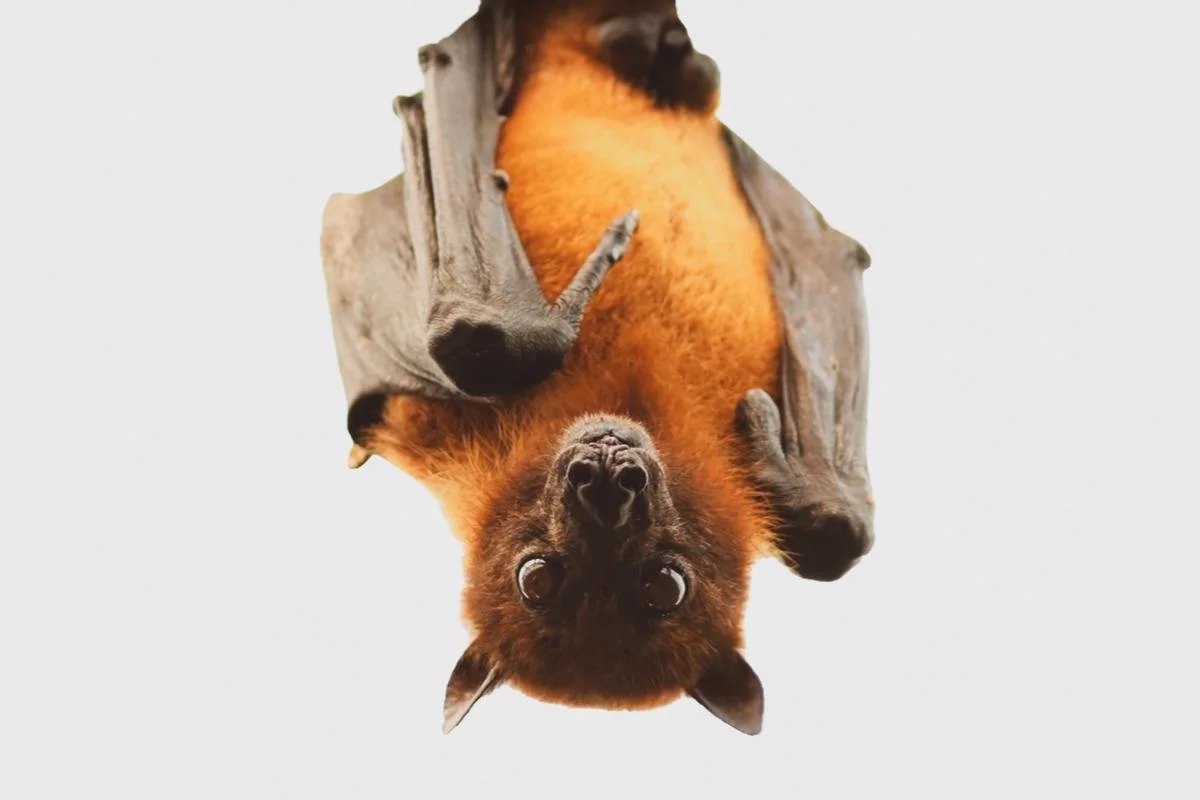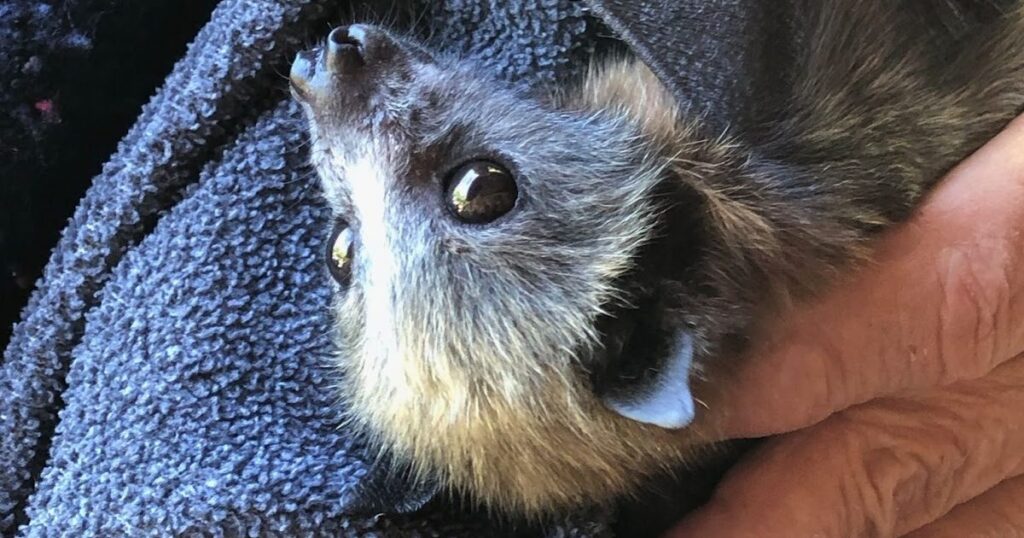In a concerning development, a rare case of Australian bat lyssavirus has been confirmed in NSW, with a man in his 50s from Northern NSW in a critical condition in hospital.
The virus, which is transmitted from infected bats to humans through bites or scratches, has sparked a warning from NSW Health, urging people to avoid touching or handling bats.
How the Virus Spreads
According to Keira Glasgow, a Director in Health Protection at NSW Health, the virus is transmitted when virus in bat saliva enters the body through a bat bite or scratch.
“This is a very tragic situation. The man had been bitten by a bat several months ago and received treatment following the injury.

Further investigation is underway to understand whether other exposures or factors played a role in his illness,” Ms Glasgow said.
In 2024, 118 people required medical assessment after being bitten or scratched by bats, but this is the first confirmed case of the virus in NSW, and the fourth case in Australia.
Protecting Yourself
While it’s incredibly rare for the virus to transmit to humans, once symptoms of lyssavirus start in people who are scratched or bitten by an infected bat, sadly there is no effective treatment.
The best way to protect yourself from infection is to not touch bats.
If you see a bat in distress, injured or trapped on the ground, do not try to rescue it. Instead, contact trained experts WIRES on 1300 094 737 or your local wildlife rescue group.
If you are bitten or scratched by a bat, urgent medical assessment is crucial. You will need to wash the wound thoroughly for 15 minutes right away with soap and water and apply an antiseptic with anti-virus action, such as betadine, and allow it to dry.
You will then require treatment with rabies immunoglobulin and rabies vaccine.
Australian bat lyssavirus is a close relative to the rabies virus and has been found in species of flying foxes, fruit bats and insect-eating microbats.
For more information about lyssavirus, refer to the Rabies and Australian bat lyssavirus infection fact sheet.

